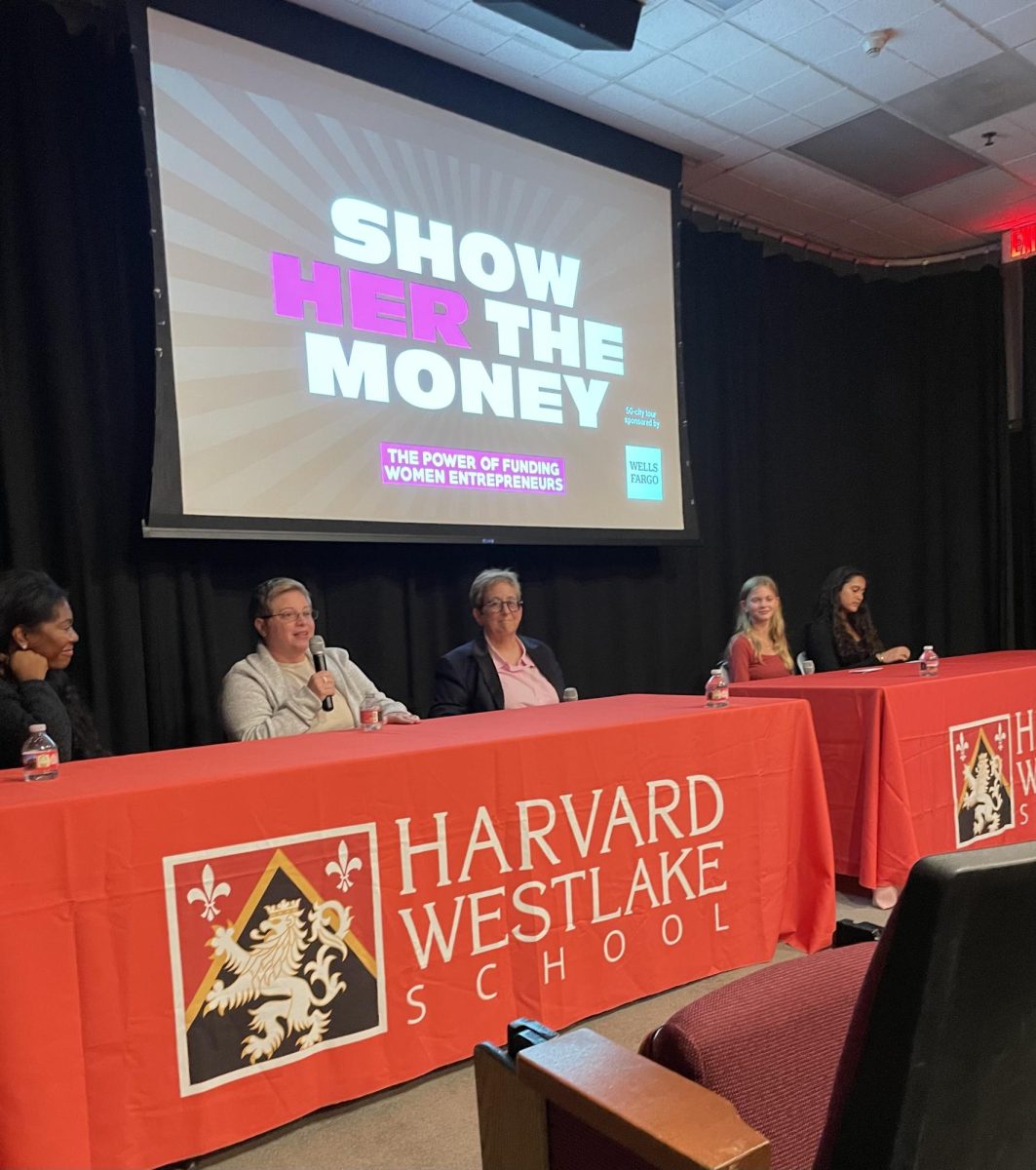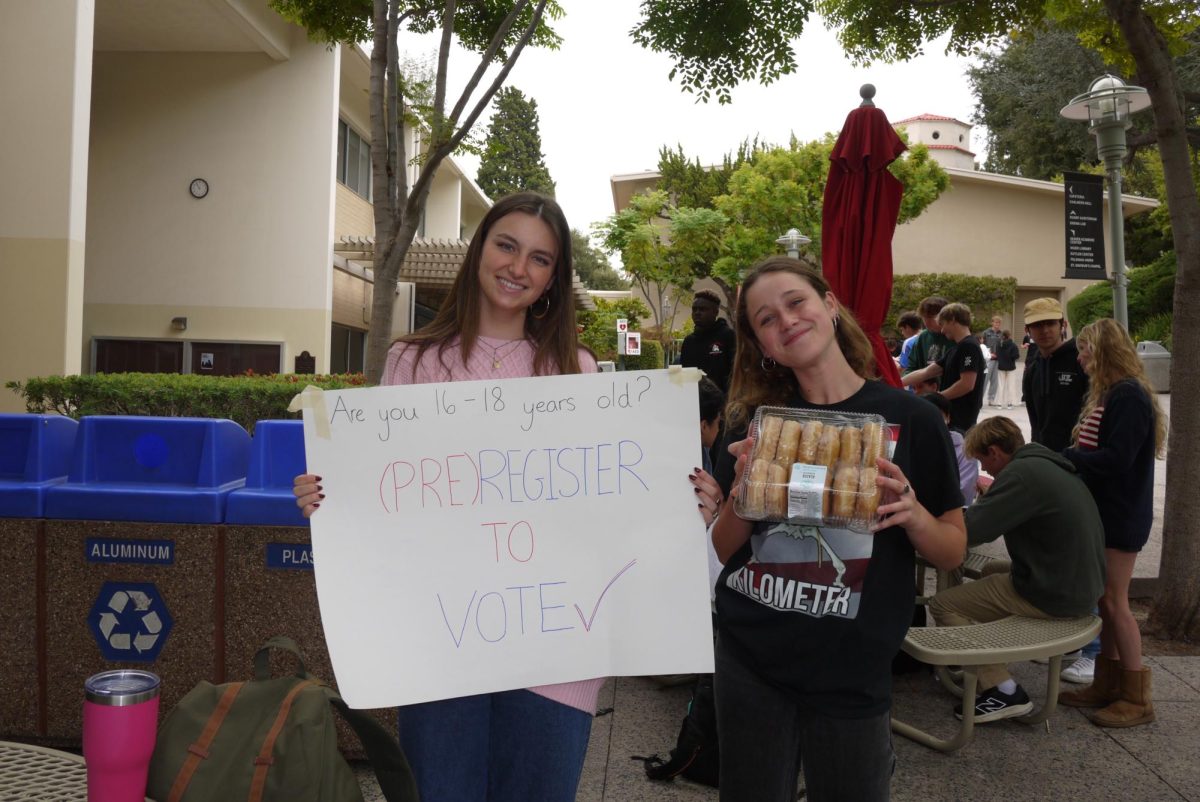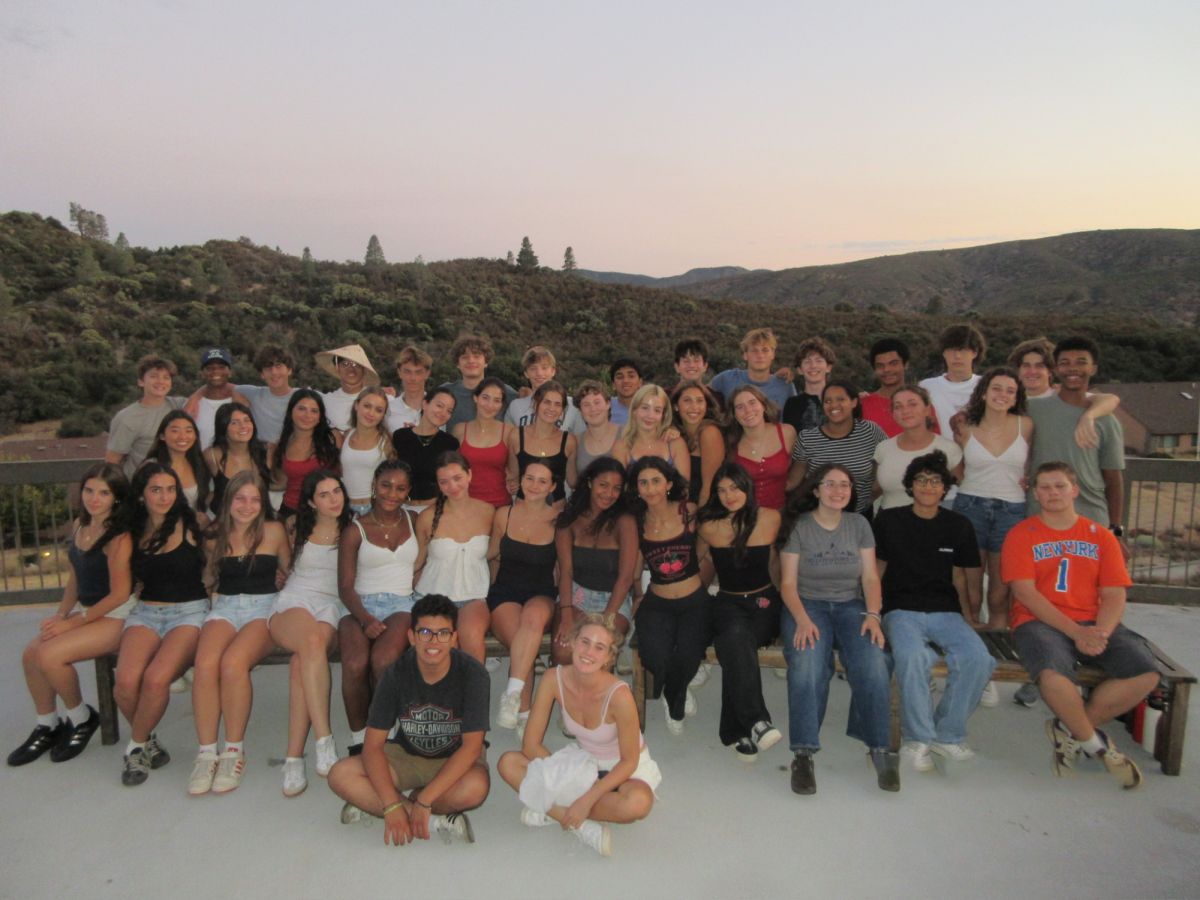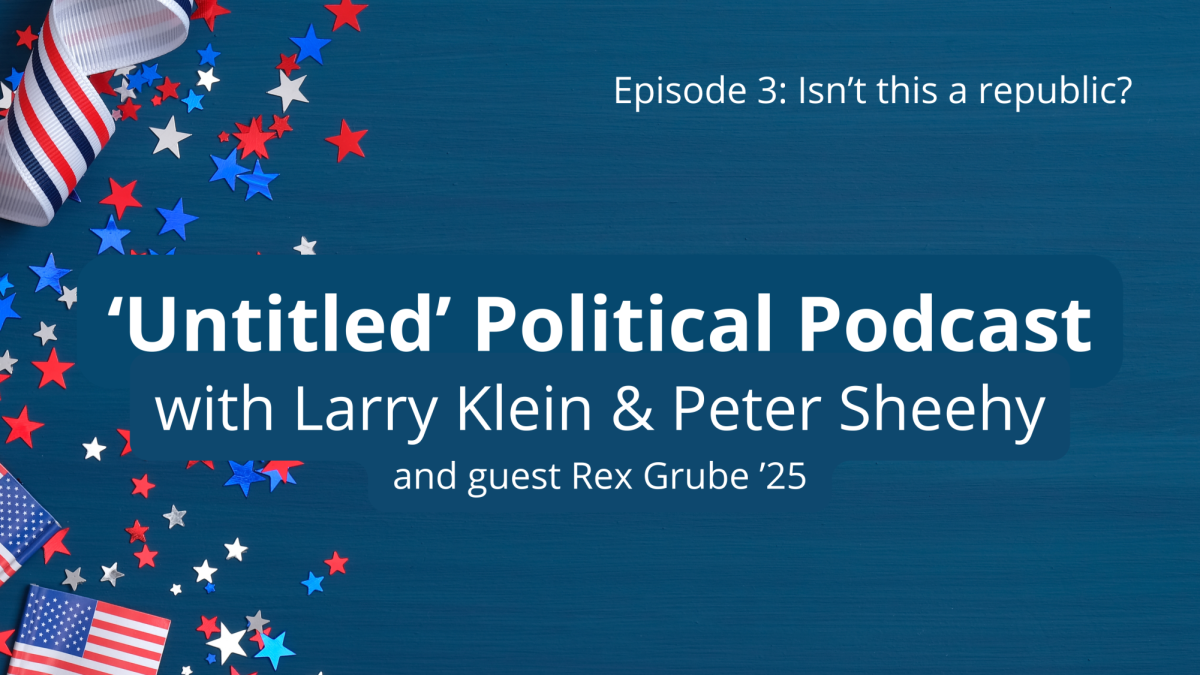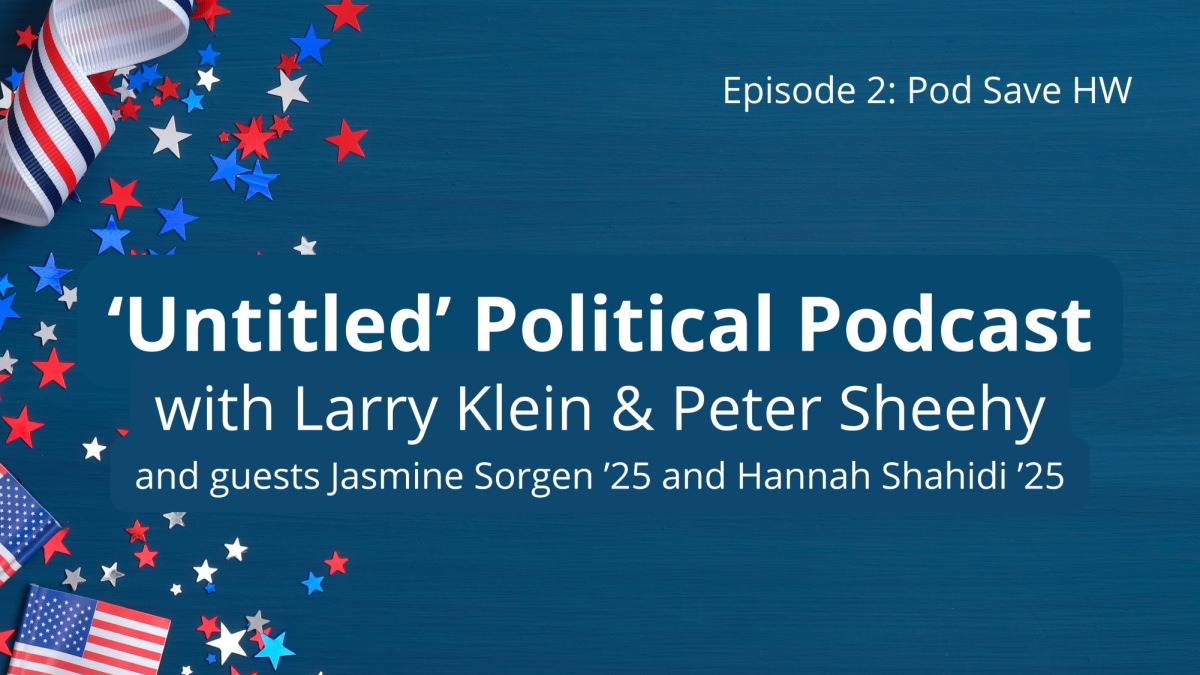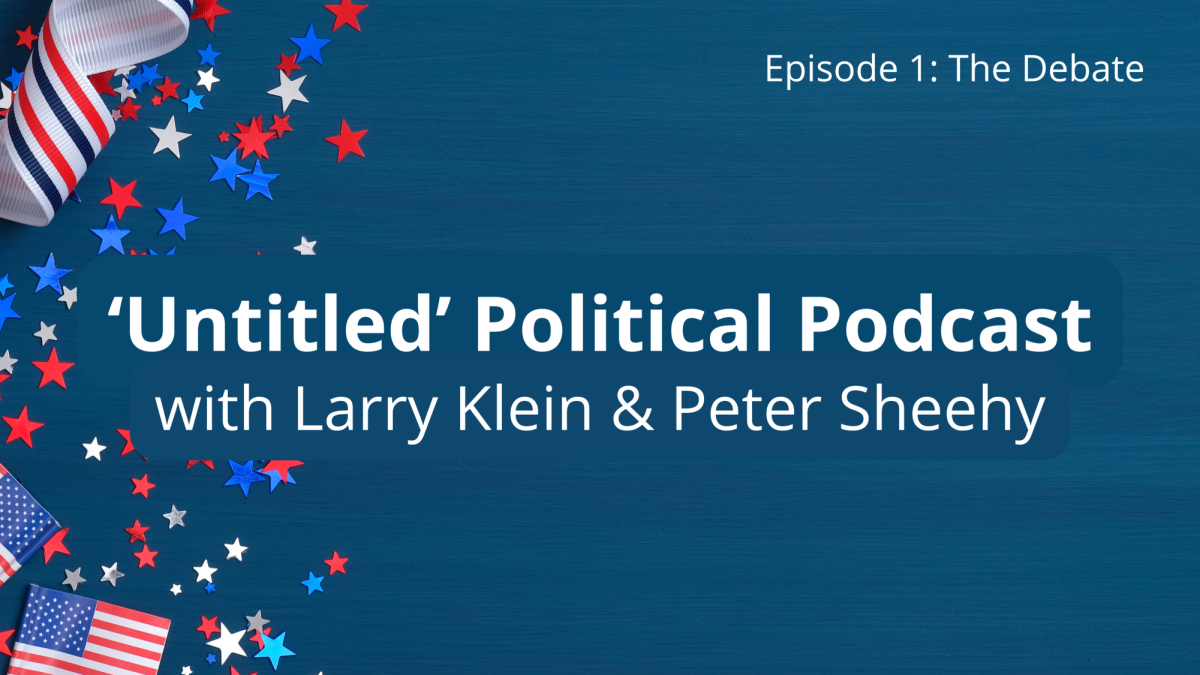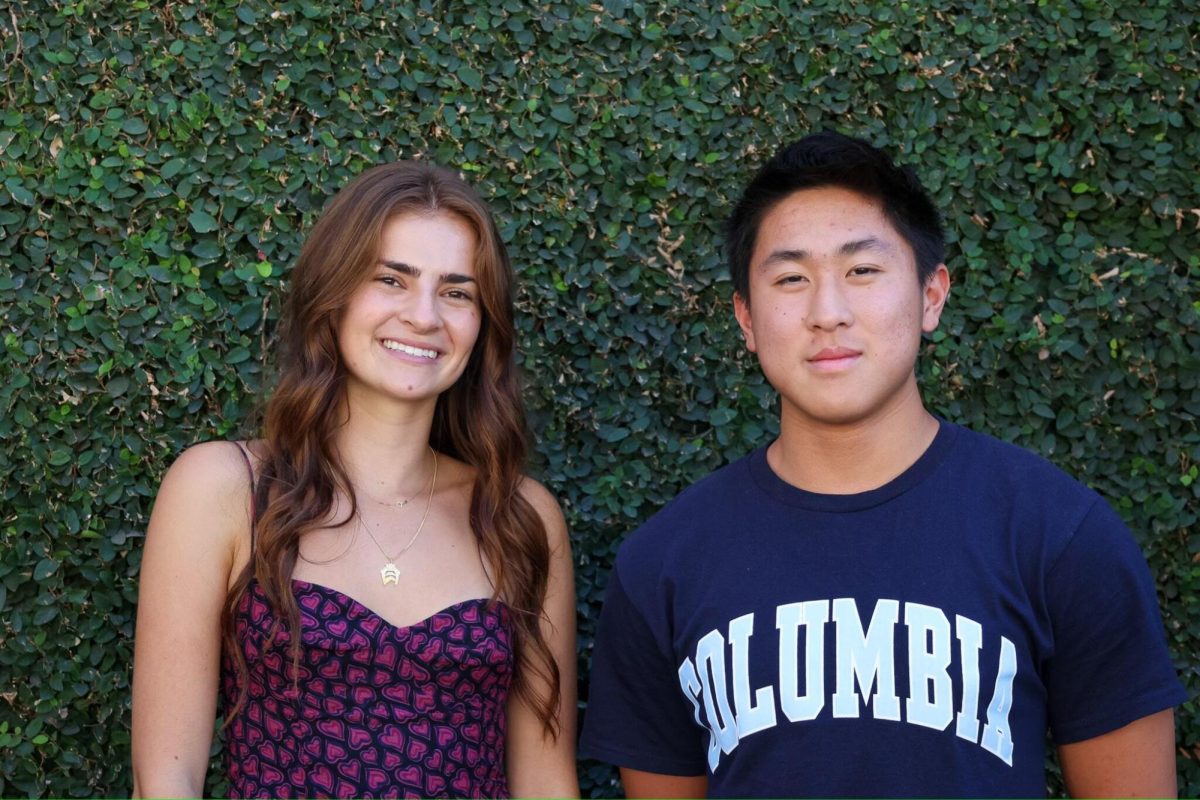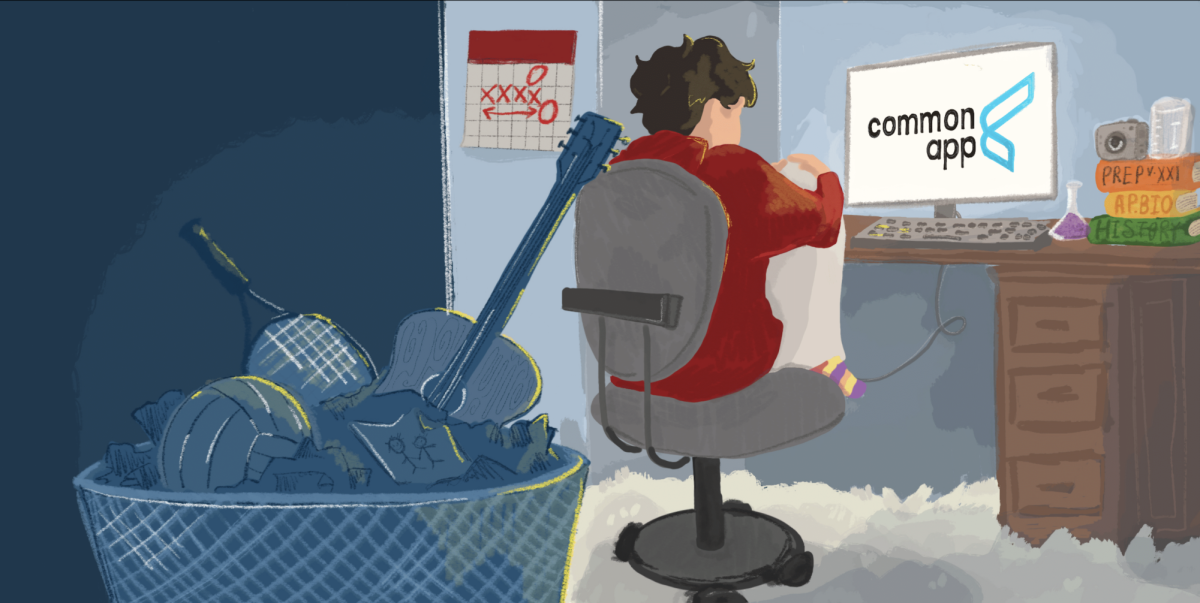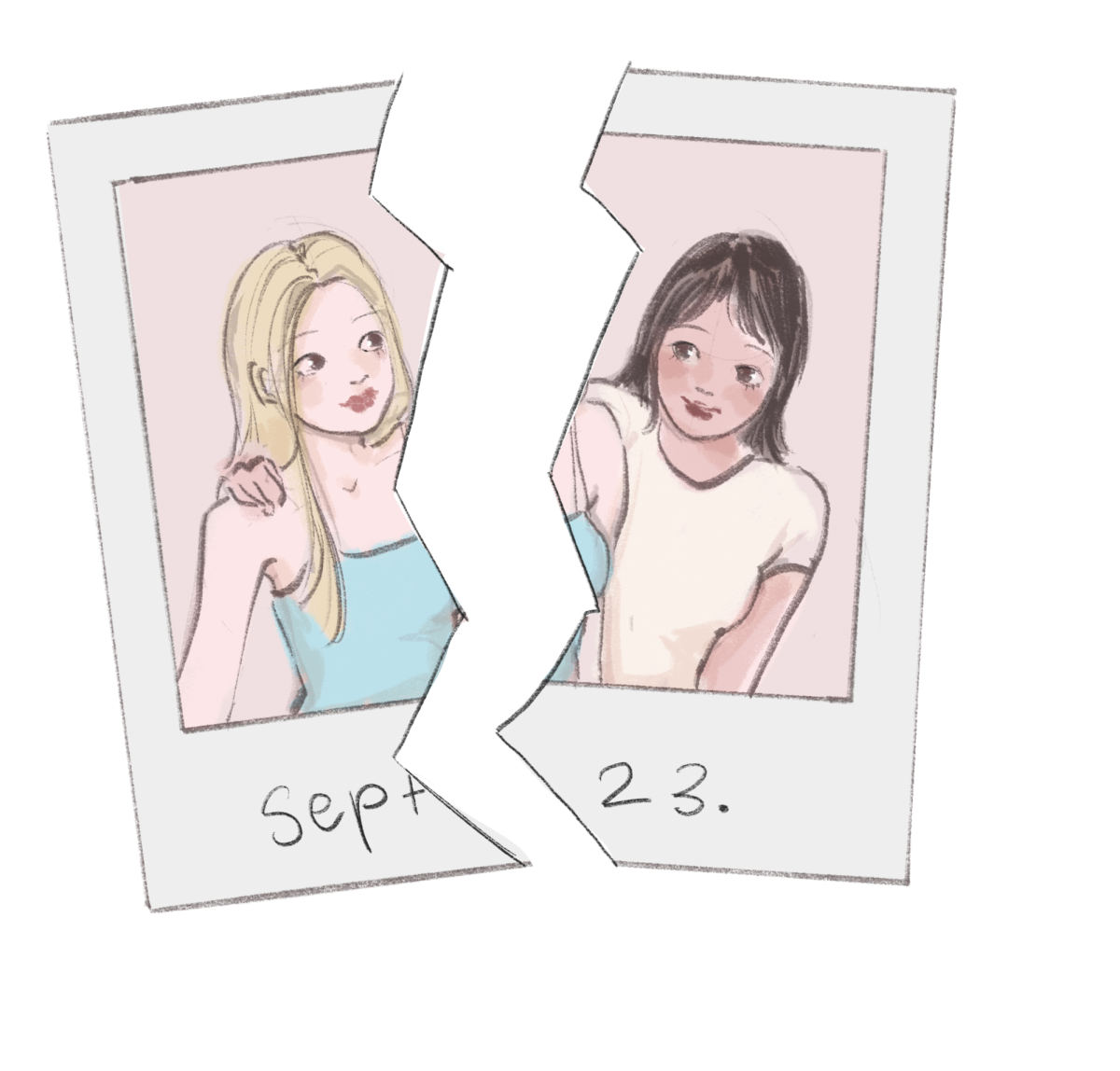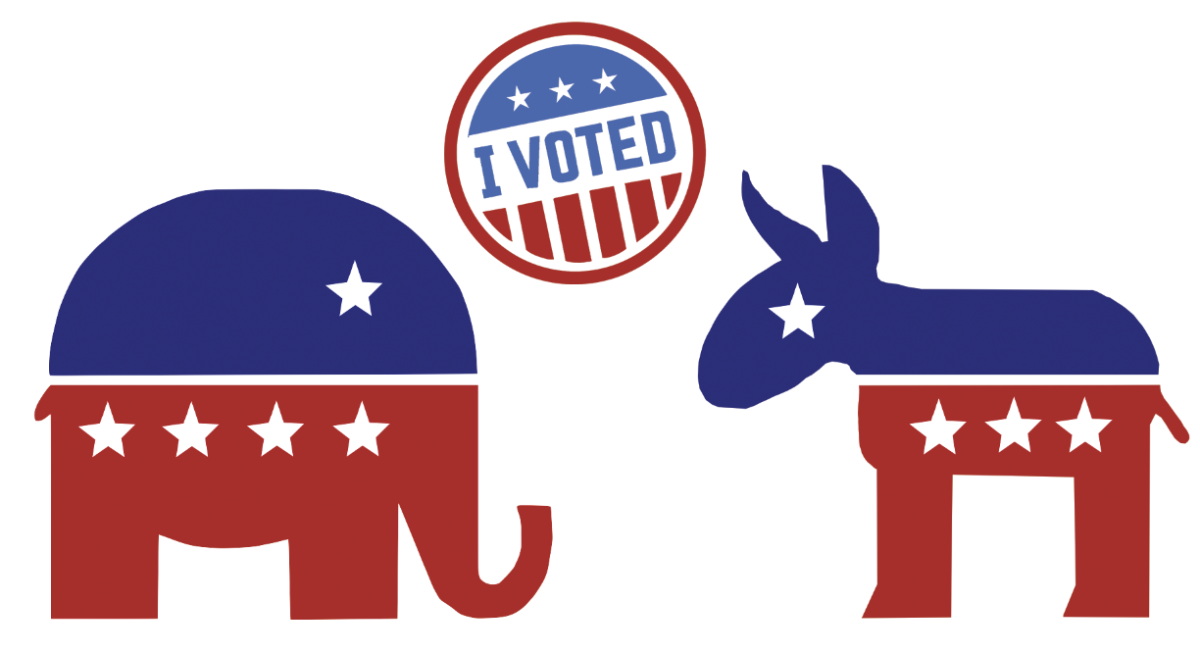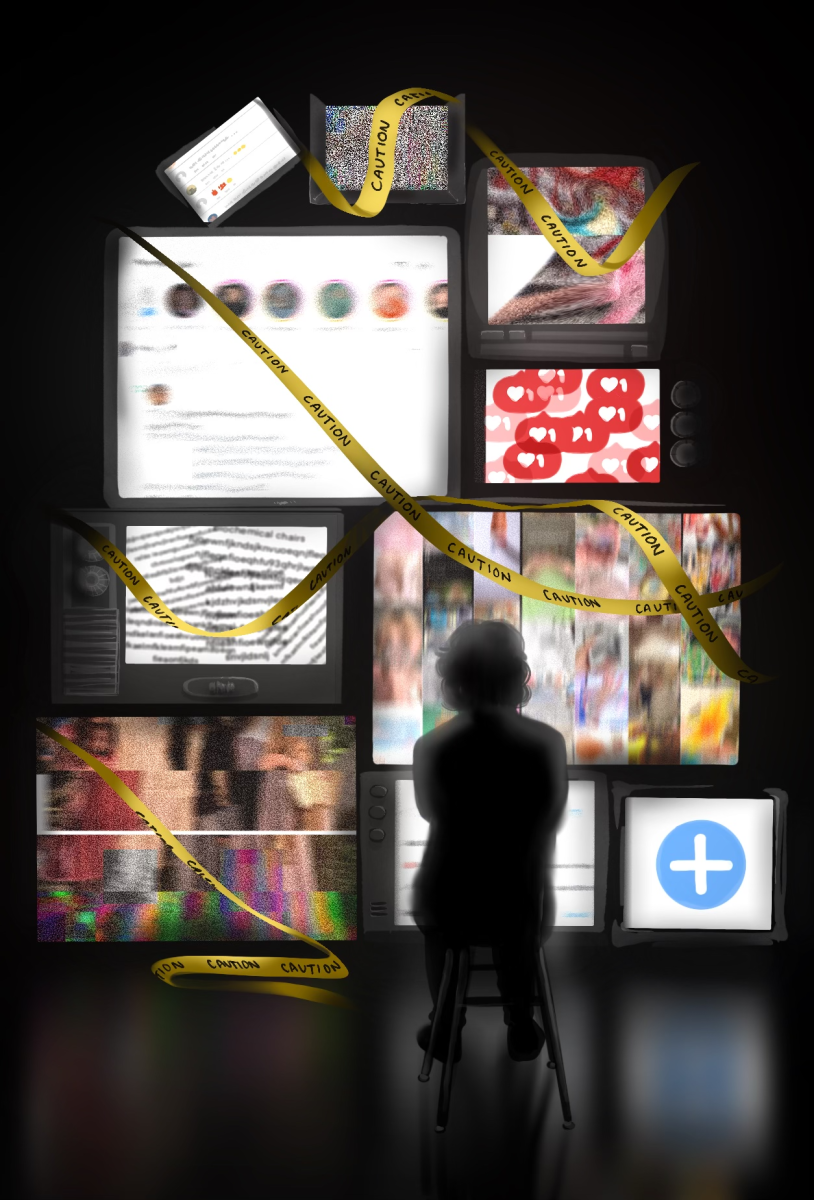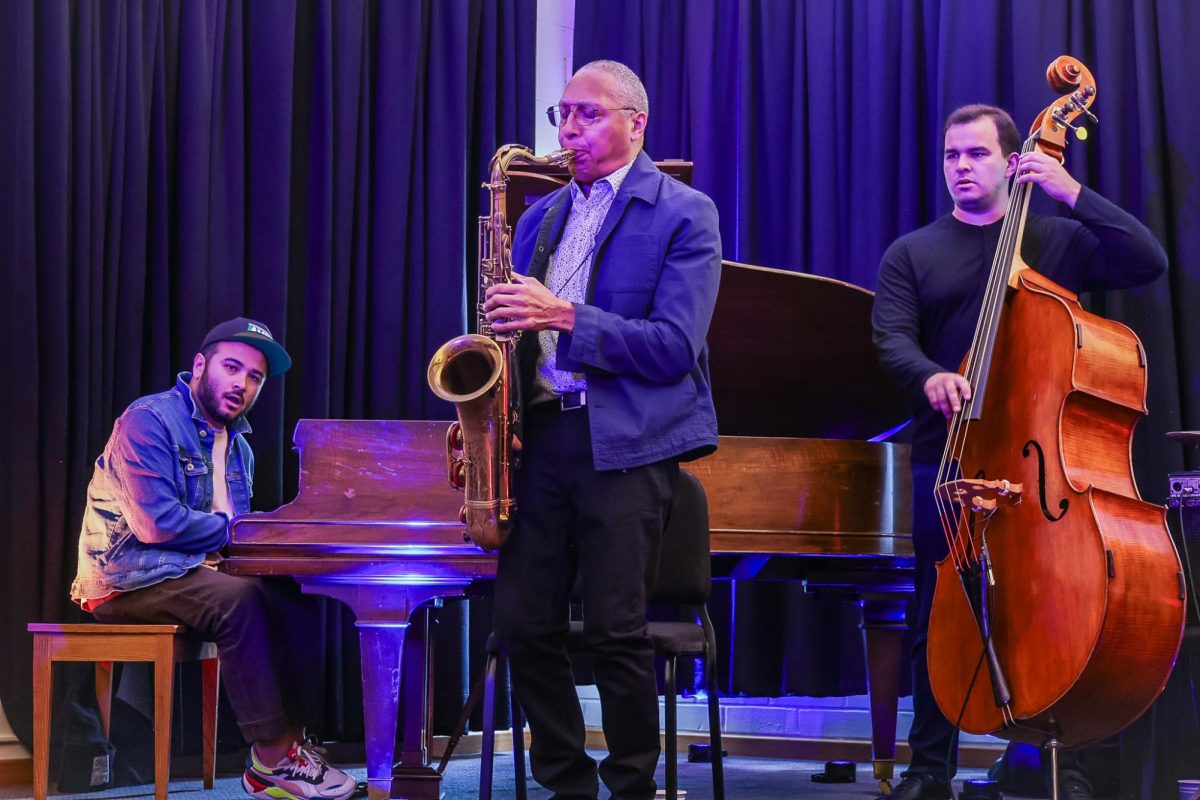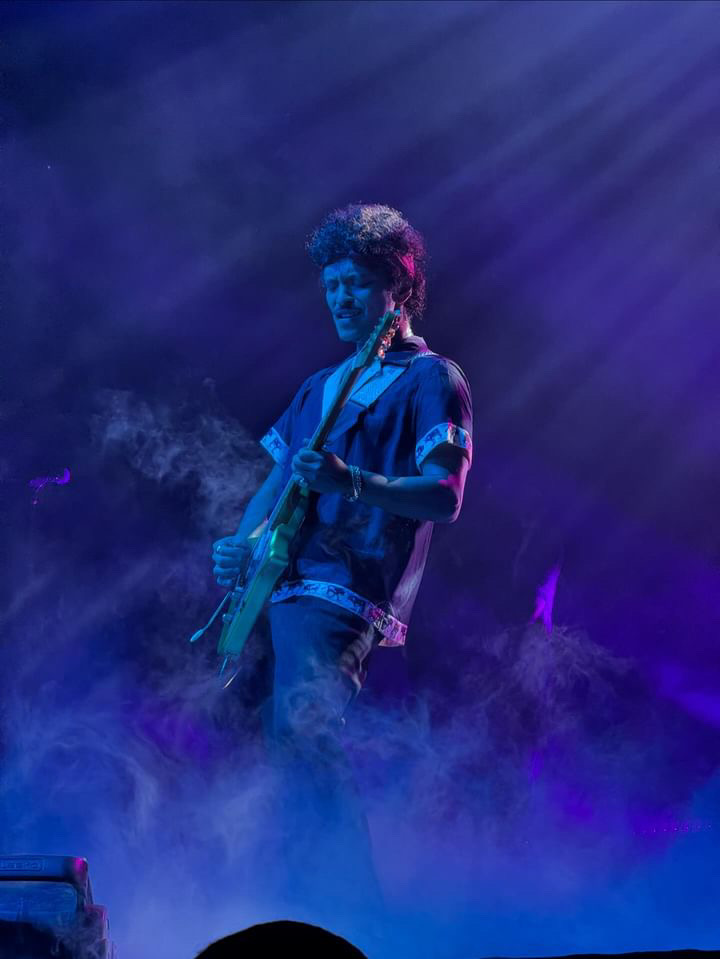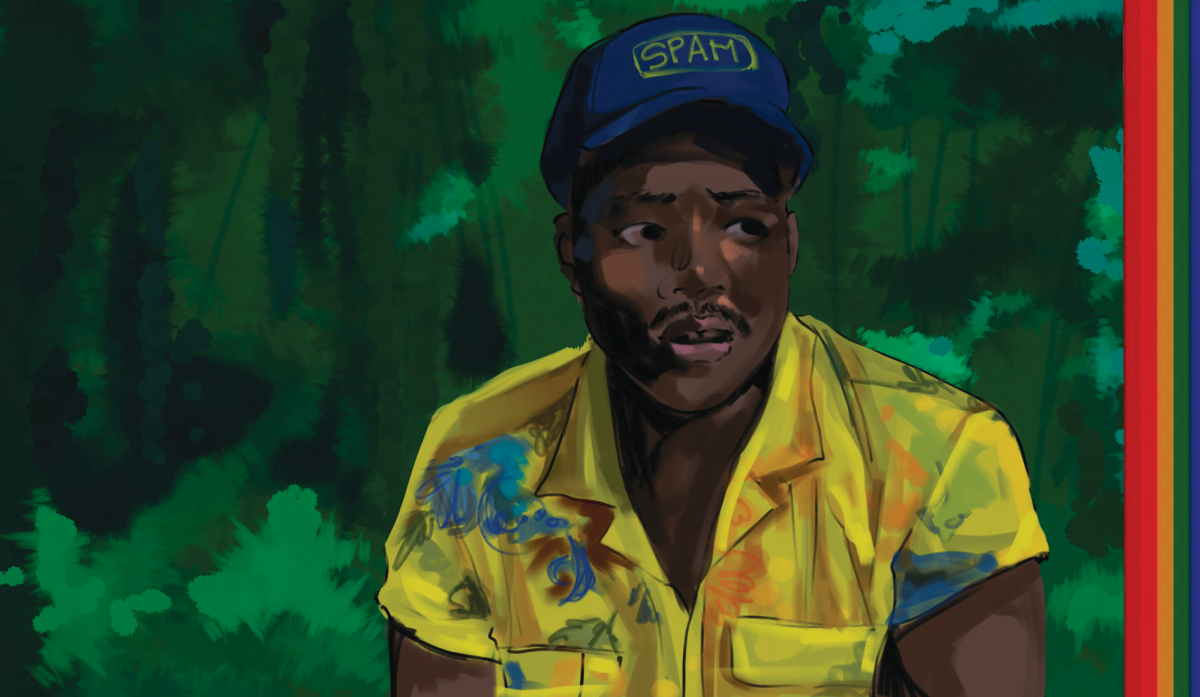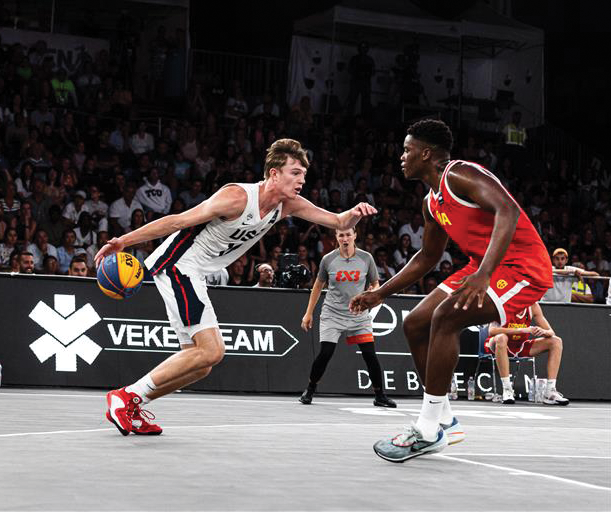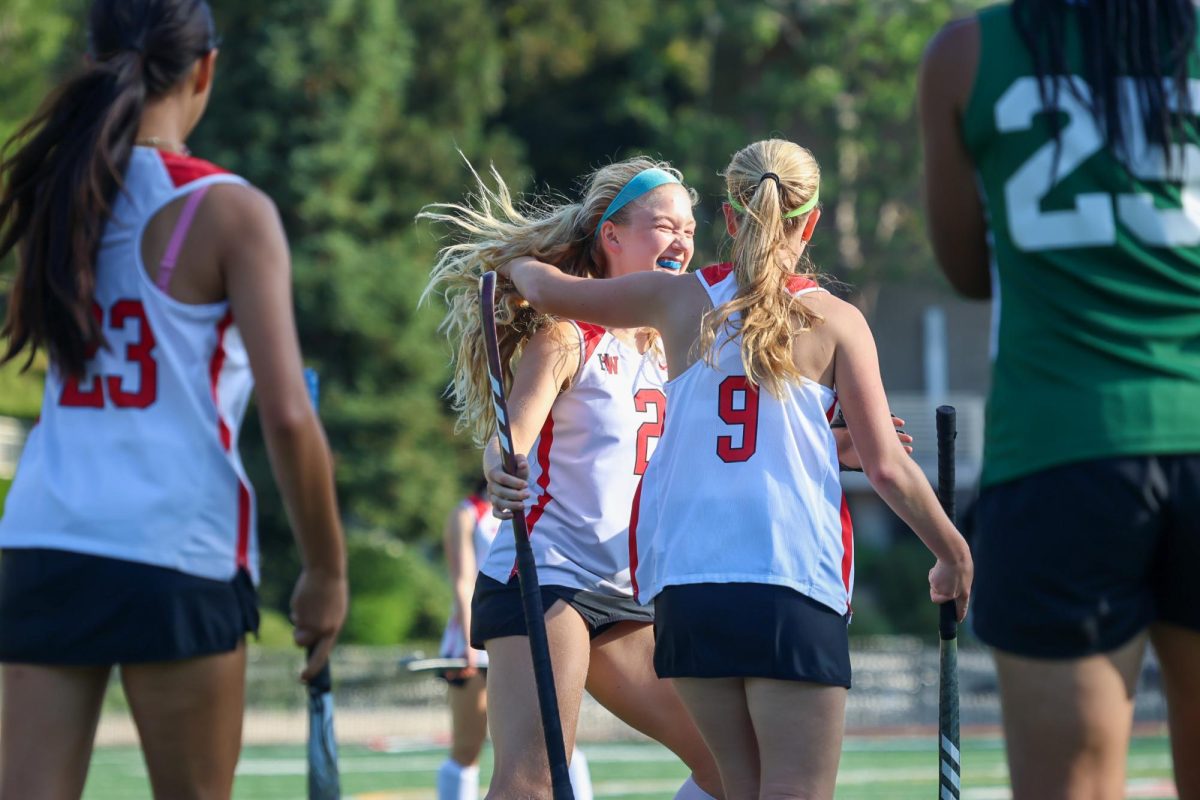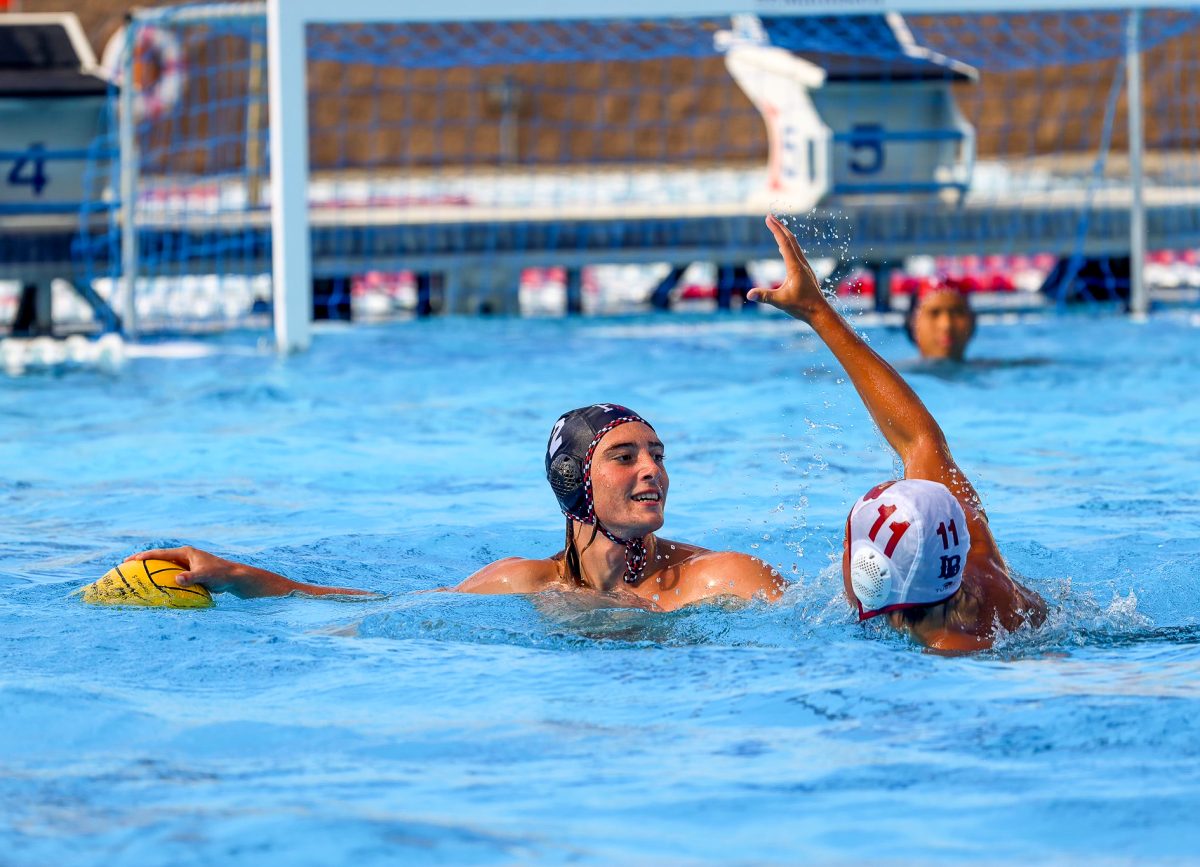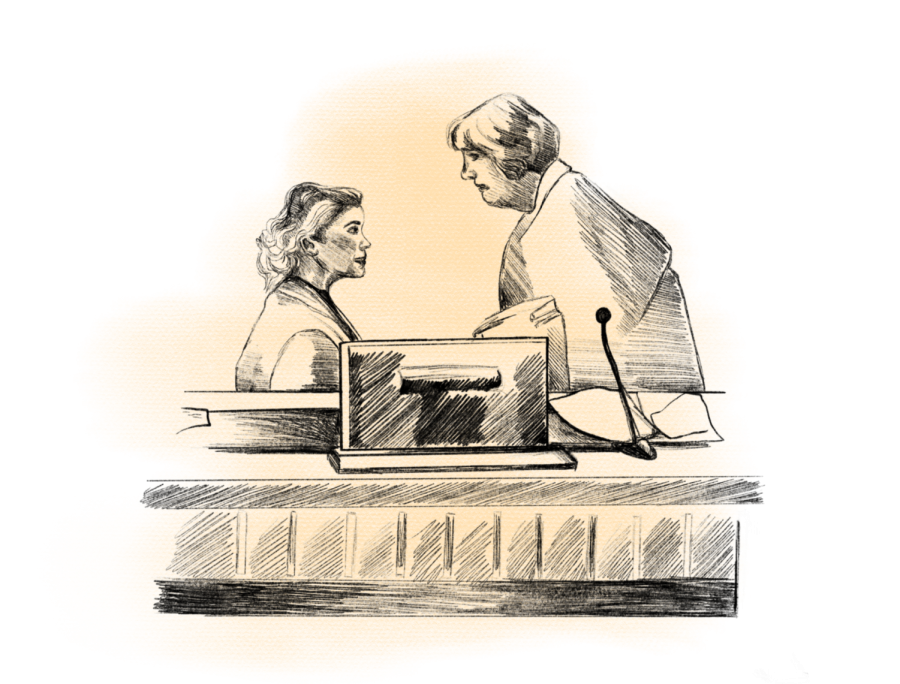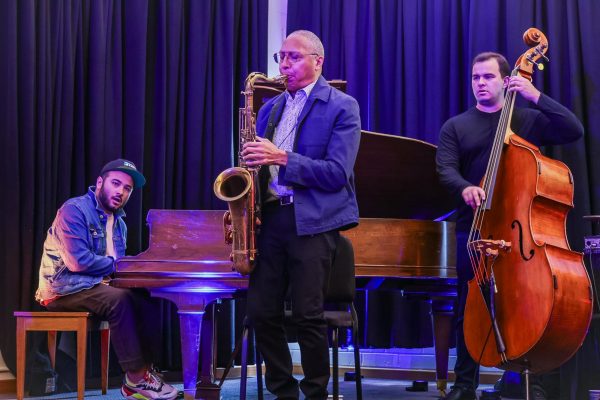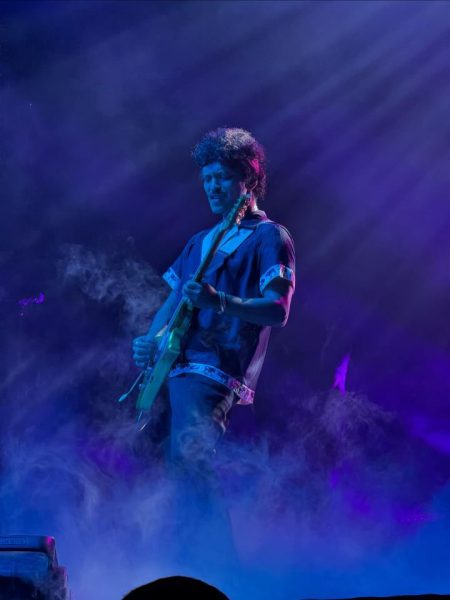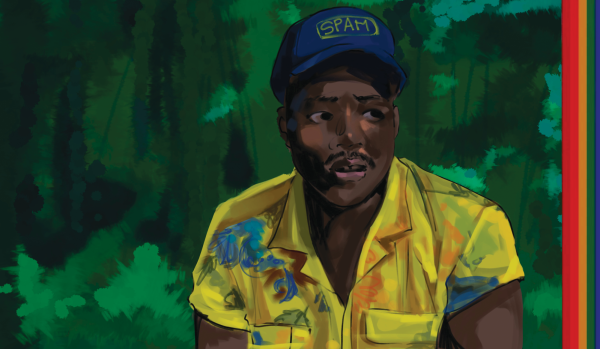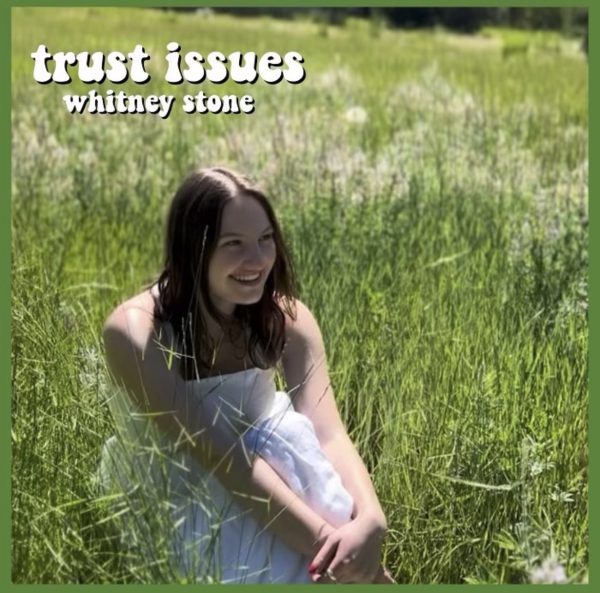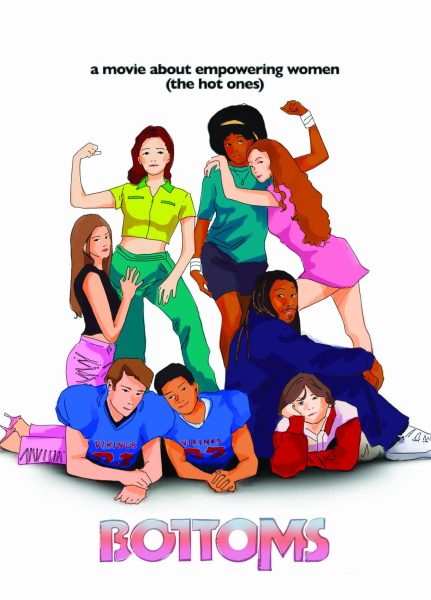Depp v. Heard: Trying the truth
Grace Adams ’24 said she was unfamiliar with the name Amber Heard until about a year ago. However, she said she was jarred by the claims of abuse the American actress put out about one of Adams’s favorite celebrities, Johnny Depp. As she was scrolling through TikTok , Adams stumbled upon a video alleging Heard received the bruises she blamed on Depp from botox appointments. Adams also encountered videos alleging Depp’s fingertip was cut off after a fight between the couple, and others depicting Heard partying after claiming to have been hurt by Depp. Adams said she has occasionally watched parts of the trial itself on TV but that most of her knowledge has come from social media.
“I love [Depp] so it was [unpleasant] to hear about [Heard’s] claims, and I have been watching the trials a little bit,” Adams said. “I have seen a lot of videos on TikTok, and I have heard a bunch of things, but I am not sure how all of them fit in [to the situation].”
Adams said she thinks the case becomes even more complex to understand when it is examined in conjunction with the “Believe Women” slogan stemming from the #MeToo movement.
“Saying to always believe the woman just because she is a woman is taking away [from the integrity of the trial],” Adams said. “I think ruling out the man as the victim is not fair. Everybody is equal, but [the slogan comes from the fact that] in the past women have been overpowered by men. But saying to believe the woman automatically is kind of a socially accepted thing.”
Makenna Dovel ’23 said she believes that the majority of the public siding with Depp in the case goes against the common convention of automatically believing women who claim to be victims of abuse, but she said she thinks Depp’s fame explains the phenomenon.
“People usually side with the [woman], which is what makes the popular consensus on this case so unusual,” Dovel said. “I think it may be that [Depp] was initially just more well-known and well-liked from all of his roles and success as an actor, [and] that may have influenced how people viewed the trial. At the same time, it is nice to see that people do not just believe womenbecause they are supposed to. [Instead, they] are going with their own judgments.”
History Teacher Lilas Lane said disbelieving women when they come forward with stories of abuse is problematic but that everything must be proved with evidence in the legal setting.
“Automatically believing women is somewhat problematic from a legal standpoint as well,” Lane said. “[It is important] to correct this issue that has been here forever [of] women [not being] considered credible when it comes to their own experience. That has been a really horrible problem for women since time immemorial. But from a legal standpoint, you have to try to prove something with evidence.”
Lane said the male-female power dynamic and the fame of Depp and Heard make the case more complicated, bringing out many common prejudices.
“Because [the case is] men and women, there tends to be a double standard that gets applied anytime that there is this type of situation,” Lane said. “Double standards are complicated because you have this assumption that men are the ones who are going to be the ones using violence. And you also have this disbelieving women stereotype that exists. It’s hard to get down to what is actually going on.”
Lane said she believes many people will quickly jump to uninformed conclusions based on Depp’s success and gender.
“I am sure there are people who are [saying Depp] is terrible because it is always the man beating [the woman],” Lane said. “And then I am sure there are people [saying Heard is] just trying to get [Depp] for his money. There are going to be those stereotypical kinds of reactions to the situation that maybe have nothing to do with the actual issues of the case.”
Depp sued Heard for defamation after she wrote an article in the Washington Post alluding to abuse, and a year later Heard countersued Depp for allegedly defaming her, according to the New York Times. The case began on April 12 and will continue until Memorial Day.
Lane said while she finds the case itself to be absurd, she said she also hopes the situation can shed light on the topic of domestic violence and abuse.
“It seems like the issues [in this case] are so much more about reputation and about career defamation and money than this actual issue of unhealthy relationships and this problem of domestic violence, so to me, it is like a little bit of a circus,” Lane said. “It is going to be really hard to get down to the real issues [of the case] and [at the same time] sort of [recognize] that domestic violence is a serious problem without a simple solution. Maybe [this case will] bring awareness to these issues. Maybe that can be the good that comes out of this craziness.”
Lane said the reason the case has attracted a large amount of scrutiny is because of society’s preoccupation with celebrity culture. She said Depp’s and Heard’s differing levels of fame have added another layer of complication to the case.
“What has drawn attention to this issue is [that] people want to know about the personal lives of famous people,” Lane said. “Everybody loves [Depp]. That makes it tricky, too, because he is this beloved kind of superstar. It’s not just a matter of a man and a woman. It’s also this incredibly famous man and then a famous woman as well, but there is a gap in terms of their fame.”
Chris Weng ’24 said he believes the publicity around the case could have a negative effect on Depp and Heard.
“The fact that you can see YouTube videos [of the case] and [that media outlets] are covering it and making it so public is not necessarily a good thing,” Weng said. “Obviously the public is not actually involved in [the case], but [the attention] could potentially have a negative effect on the people in the case because there is a lot of outside influence, and everyone is following it.”
Weng said that while people have a right to express their opinions online, especially in a public court case, there is still a boundary as to what is appropriate to say.
“I think from a moral standpoint, I do not know where the line would be drawn for this kind of case,” Weng said. “Obviously, with free speech, people have a right to know [and] people have a right to talk about it. But it is a little bit overwhelming, I think, for the people in the case. People are talking about signing petitions to get [Heard] kicked off of her movies, or [for Depp to be] fired for all of his movies when the court case started.”
Dovel said YouTube videos from the case also have titles with a clear bias. She said anyone can easily be impacted to change their opinion on the trial.
“Even the videos on YouTube have titles that you can see [have] bias or they only show certain parts [of the case],” Dovel said. “Everyone has a right to make their judgments but if you have not been there the whole time, you can be influenced by [a social media] comment section or by [only] seeing certain skewed parts.”
Dovel said the case has quickly become a polarizing topic.
“People are quick to [take sides],” Dovel said. “Whatever side they [are on,] they go to such extremes. Whatever side they feel is right, they completely hate the other one and it is never ambiguous. It is always extremes.”

